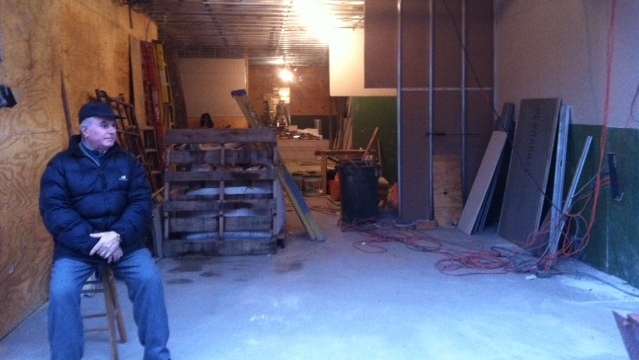
A year after Hurricane Sandy wreaked havoc on New Jersey’s shore, home and business owners are still wading through a mess of red tape, calling out the government for delaying payments and aid while refusing to answer complaints.
The sentiment among those still waiting for flood insurance policies through the government’s National Flood Insurance Program is one of frustration, with many feeling not only that they’re being ignored, but that they’re being treated with disrespect as well.
“Nobody showed any kind of compassion for any of us,” Kathleen Fisher told the Associated Press after her insurance check arrived, three months late. “We’re treated like criminals, like we’re trying to get something for nothing when we’re just trying to get the insurance money we thought was due to us.”
Gov. Chris Christie’s (R) office is pointing the finger at the National Flood Insurance Program, the subject of most flood-related complaints. According to his spokesman Michael Drewniak, the NFIP will not comply with New Jersey’s mediation program, intended specifically to address complaints filed by policyholders who are still waiting for their check.
Joanne Gwins is among those who would like to make a complaint. After signing into a flood insurance policy worth $250,000, she’s still waiting to reap her benefits. A check for $101,000 came in the mail, but that’s not nearly enough to cover her costs associated with rebuilding her hurricane-ravaged house and life.
“Why can’t the insurance companies write us a check for the policy we paid for?” Joanne Gwins, who was shorted by her flood insurance policy, told the Associated Press. “We have a need for that money and we only received 40 percent of what we need to rebuild our home.”
The NFIP is an arm of the U.S. government, which has locals in New Jersey complaining that federal bureaucracy is part of the problem. The governing body of the program is the Federal Emergency Management Agency (FEMA).
Following fraud related to insurance companies operating in areas affected by Hurricane Katrina, some of those impacted by Sandy claim they’re the ones now being hurt by another hurricane-related fraud. Simone Dannecker and her family are victims, she says. The family’s Union Beach home was destroyed — and they’re still not receiving the insurance payouts they were promised.
The NFIP was created in 1986 to fill a gap in private insurance programs’ coverage. Intended specifically to help protect homeowners living in zones considered at high risk for hurricanes and tropical storms, it offered insurance to people who weren’t able to obtain protection through the private insurance market.
In order to qualify, however, home and business owners needed to meet specific guidelines aimed at reducing impacts related to flooding. The NFIP, in turn, worked with insurance companies to cover flood-related damages, paying out for flood-related incidents.


